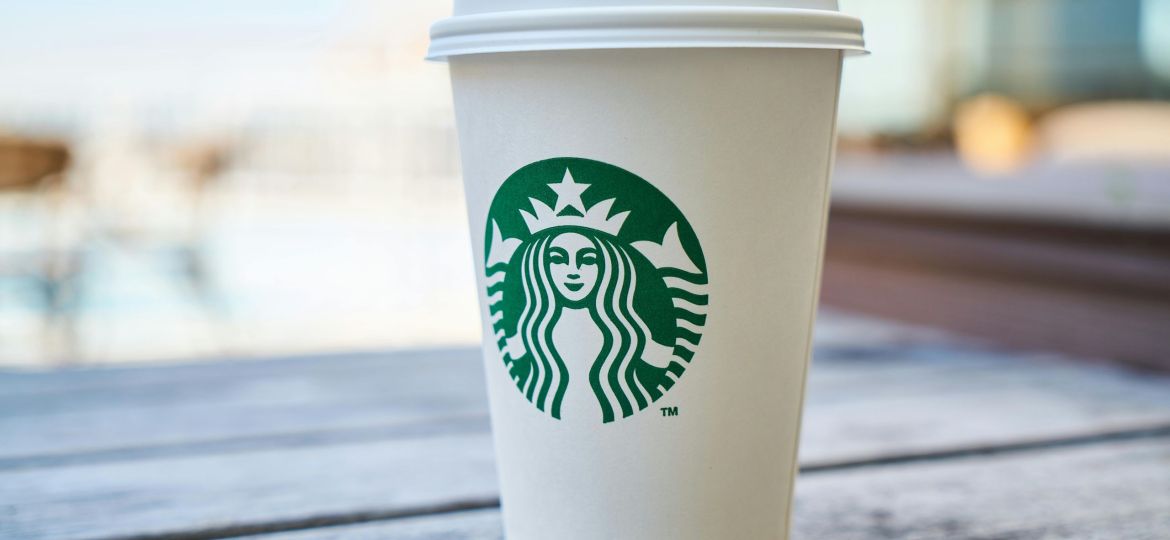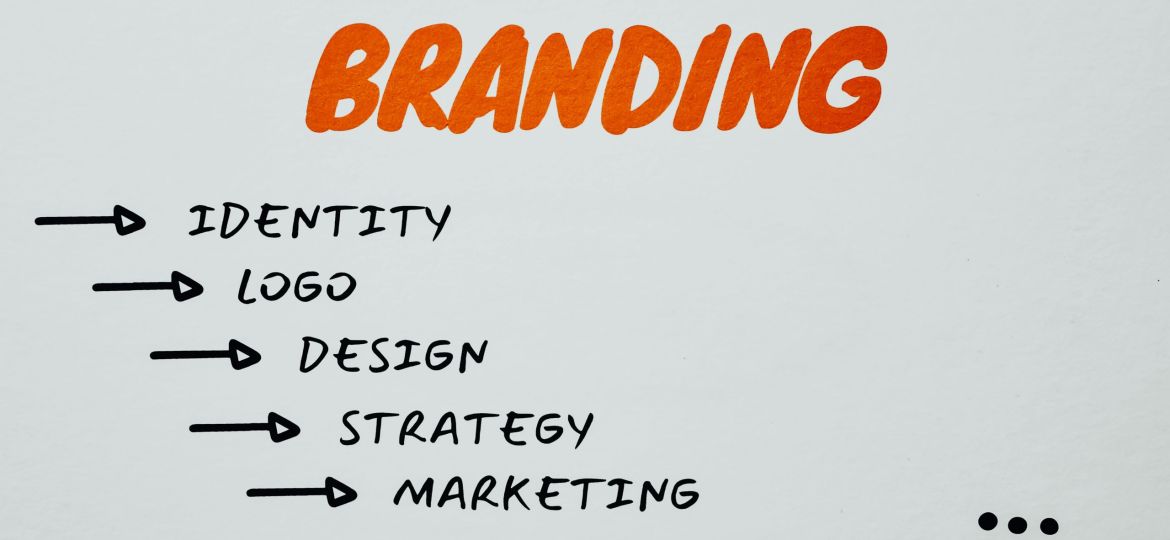Event Management & Marketing: How to Create Immersive Brand Experiences That Connect
Event Management & Marketing play a pivotal role in shaping how audiences perceive and engage with your brand. In a world saturated with digital noise, creating immersive brand experiences is no longer a luxury—it’s a necessity. By crafting events that captivate the senses and forge emotional connections, businesses can amplify their reach and build lasting relationships.
Why Immersive Experiences Matter in Event Management & Marketing
Immersive experiences engage multiple senses, offering participants a memorable interaction with your brand. Traditional advertising may inform, but immersive events involve and inspire. They offer a direct way to demonstrate your values, showcase your products, and create a living narrative around your brand.
Key Steps for Effective Event Marketing
Creating successful event experiences starts with an intentional strategy. Below are the essential steps to ensure your event marketing efforts hit the mark:
- Define Clear Objectives: Are you launching a product, increasing brand awareness, or driving sales? Goals guide your planning and metrics for success.
- Know Your Audience: Understand their interests, preferences, and behavior to tailor experiences that resonate.
- Develop a Creative Concept: Your concept should align with your brand and be immersive, engaging, and share-worthy.
- Map the Customer Journey: From invitation to post-event follow-up, create consistent and meaningful touchpoints.
- Integrate Digital Touchpoints: Use apps, AR, or VR elements to enhance interaction and data collection.
Using Storytelling to Enhance Corporate Events
One of the most powerful ways to elevate corporate event planning is through storytelling. Rather than merely informing, stories immerse audiences in your brand’s mission and values. Develop a narrative that runs through the entire experience—from pre-event marketing emails to in-event visuals and post-event thank-yous.
Examples of Storytelling in Corporate Events:
- Brand Timelines: Use visual timelines that illustrate the journey and milestones of your company.
- Customer Testimonials: Feature real stories of how your product or service made a difference.
- Thematic Decor: Reinforce your brand story with stage design, lighting, and color palettes.
How to Plan a Successful Brand Activation
Brand activations are event-based campaigns that bring brands to life through direct interaction. When well-executed, they generate buzz and spark emotional connections.
Elements of Powerful Brand Activations:
- Interactivity: Let participants engage with your product, such as through demonstrations or challenges.
- Shareability: Design backdrops or experiences that encourage social media sharing.
- Personalization: Allow attendees to customize products or content, boosting relevance and recall.
The objective of a brand activation is not just to entertain but to create a direct and memorable touchpoint that reflects the uniqueness of your organization.
Leveraging Technology in Event Management & Marketing
Modern events are powered by technology. From registration platforms to real-time feedback apps and livestreams, your tech stack can elevate the experience—and capture data for future campaigns.
Key Technologies to Consider:
- AR & VR Experiences: Immersive tools to transport attendees into your brand’s universe.
- Event Apps: For agendas, networking, and gamified experiences.
- Live Polling & Q&A: Foster audience participation and collect insights in real time.
Measuring the Impact of Immersive Experiences
To justify your investment in immersive event marketing, you must measure outcomes. Aside from attendance and ROI, consider these metrics:
- Engagement Rates: Social shares, app downloads, or in-event participation metrics.
- Sentiment Tracking: Post-event surveys and brand mentions online.
- Lead Conversion: Track how many attendees moved through your marketing funnel.
Remember: The success of immersive events lies as much in what attendees feel as in what they do. Incorporating sentiment and feedback mechanisms will give you a clearer view of the event’s effectiveness.
Collaborating with the Right Event Agency
Planning unforgettable experiences demands expertise. A dedicated event management & marketing agency like Soul can help you:
- Identify opportunities for audience engagement
- Integrate storytelling seamlessly
- Design immersive spaces that tell your brand story
From ideation to execution, the right partner ensures every touchpoint enriches the audience experience and aligns with strategic objectives.
Future Trends in Event Management & Marketing
Staying ahead requires embracing innovation. Watch for these trends shaping the future of events:
- Hybrid Events: Blending virtual and live experiences for global reach
- Sustainability: Eco-conscious planning and recyclable materials
- Authenticity: Audiences prefer honest, transparent messaging over flashy gimmicks
These evolutions will define the way brands connect with modern audiences moving forward.
Conclusion
Creating immersive brand experiences through event management & marketing isn’t about bigger budgets; it’s about deeper connections. By integrating interactivity, storytelling, and technology, you can build events that not only attract but convert and inspire. Whether it’s a brand activation, corporate event, or experiential campaign, the strategy is the same: engage emotionally, deliver value, and stay unforgettable.
Need help designing immersive events that captivate and convert? Explore how Soul crafts unforgettable brand activations.
Want more expert insight? Visit Event Manager Blog for tips and trends in event planning and marketing.




